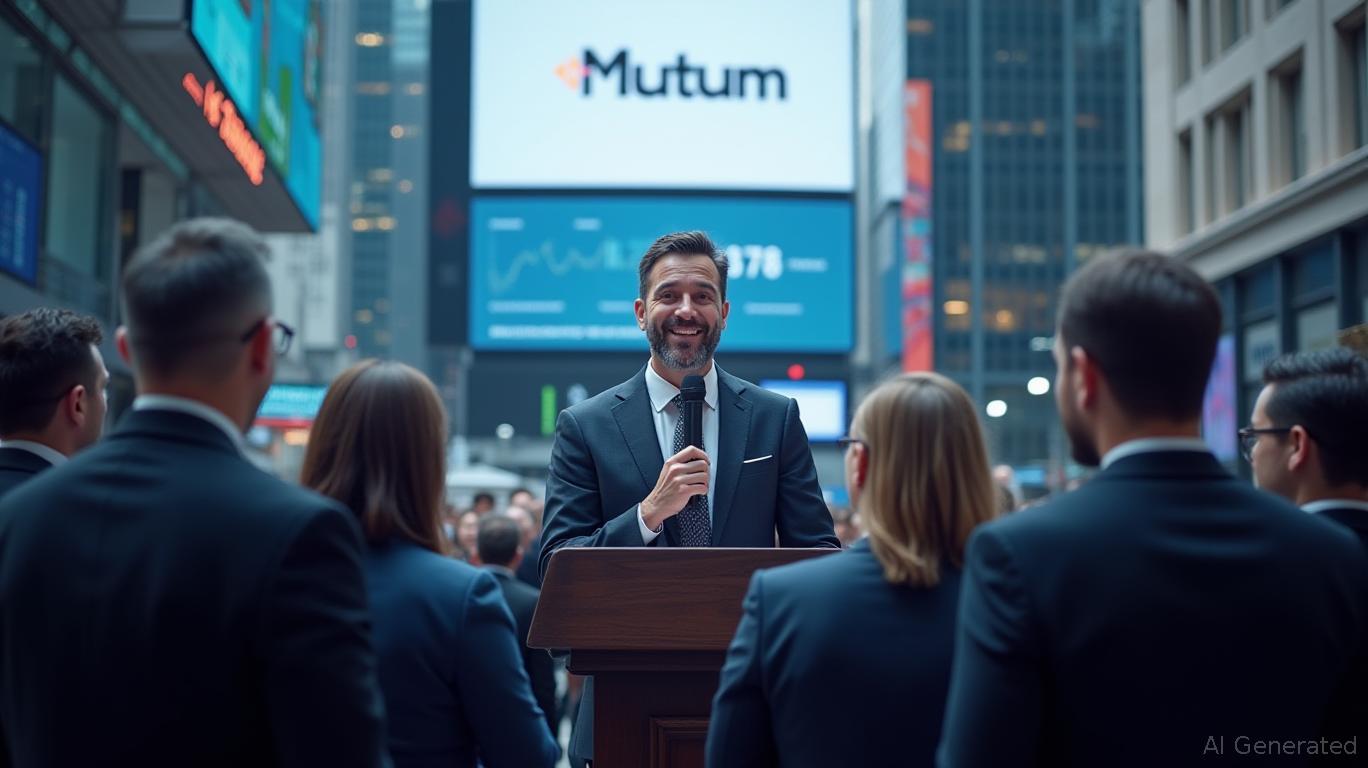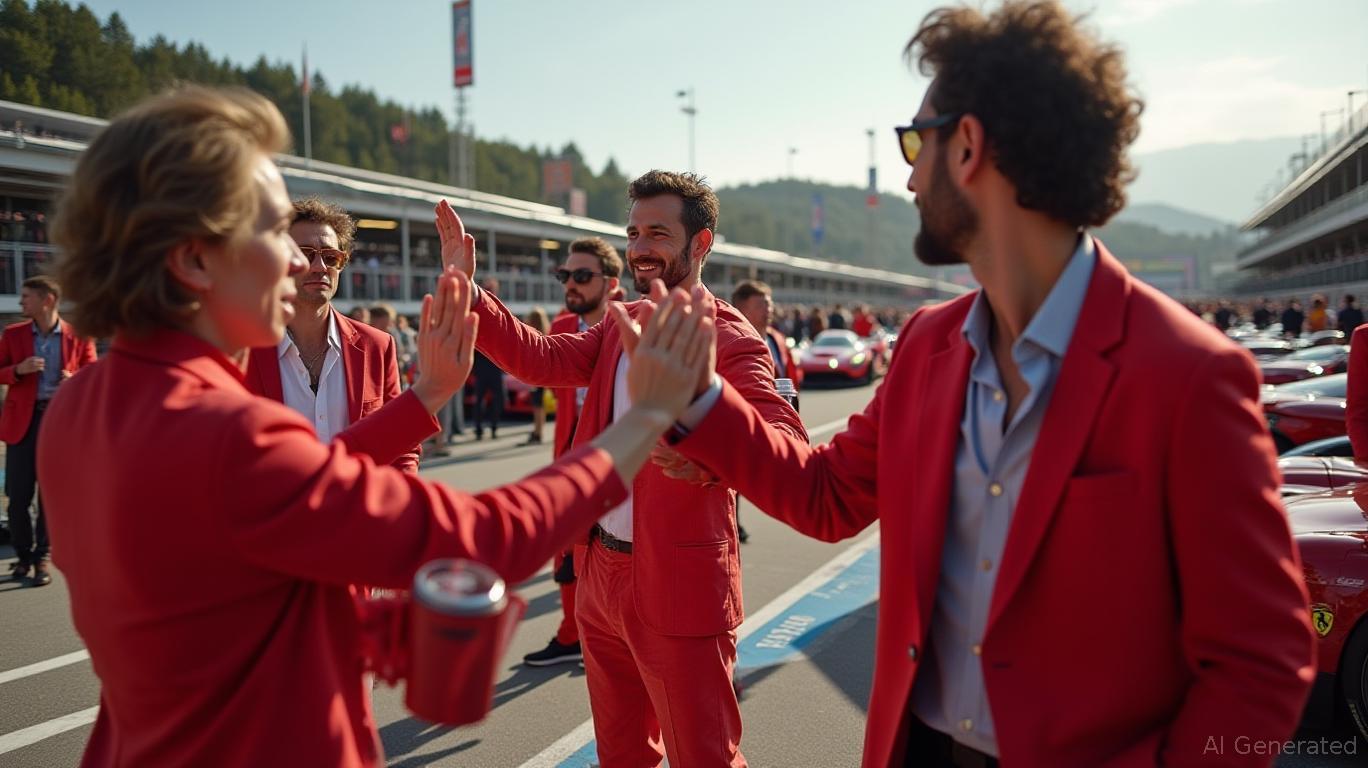Periodic Labs, a recently launched company founded by renowned OpenAI researcher Liam Fedus and his ex-Google Brain collaborator Ekin Dogus Cubuk, emerged from stealth last month with a staggering $300 million in seed funding. The round was spearheaded by Felicis and featured an impressive roster of angel investors and leading venture capital firms.
The idea for the company was sparked about seven months ago when Fedus spoke with Cubuk—known as “Doge” among friends—who was a leading figure in machine learning and materials science at Google Brain. After hearing countless Silicon Valley predictions about how generative AI could revolutionize scientific research, they concluded the timing was finally right to pursue this vision—or at least to launch a startup aimed at making it happen.
“Several developments in large language models, experimental science, and simulation technology made this the perfect moment,” Cubuk explained to TechCrunch.
He pointed out that robotic arms capable of handling powder synthesis—the process of combining and creating new materials—had recently become dependable. Additionally, machine learning simulations had advanced to the point where they could accurately and efficiently model intricate physical systems, which is essential for new materials development.
A third factor was the enhanced reasoning abilities of LLMs, thanks in part to the work of Fedus and his colleagues at OpenAI. Fedus was among the original creators of ChatGPT and led OpenAI’s crucial post-training team, which fine-tunes models after their initial creation.
When these elements were combined, the vision became clear: simulations could potentially identify new compounds, robots could synthesize the materials, and an LLM could interpret the outcomes and recommend adjustments. The era of AI-driven materials science had arrived.
In fact, Cubuk had previously co-authored a landmark 2023 paper on an earlier Google research initiative. That project established a fully automated, robot-powered laboratory and produced 41 new compounds based on recipes generated by language models.
Just as importantly, the founders recognized that even unsuccessful experiments would be valuable, since data is essential for AI. AI-driven science could provide a fresh source of real-world training and post-training data. The founders believe this could upend the traditional scientific reward system, which prioritizes successful results and is driven by publications and grants.
“Bringing experiments into the [AI] workflow and connecting with reality—we see this as the next big step,” Fedus told TechCrunch.
Felicis secures the investment; OpenAI stays out
After talking with Cubuk, Fedus informed OpenAI leadership of his resignation and future plans. He then enthusiastically announced his departure on Twitter, giving the impression that OpenAI supported and might invest in his new venture.
However, that investment never came to fruition. The founders confirmed to TechCrunch that OpenAI is not among Periodic’s investors. While Fedus did not elaborate on the reasons, they ultimately didn’t require OpenAI’s financial support.
Fedus’s tweet triggered a wave of interest from venture capitalists. “It almost felt like we were being pitched to instead. One investor even wrote a love letter to Periodic Labs,” Fedus joked, noting that both he and Cubuk were surprised by the attention. Some investors even sent lengthy proposals about themselves.
But the first call they actually accepted was from Peter Deng, a former OpenAI colleague who had become an investor at the prominent seed fund Felicis. (Deng had joined Felicis from OpenAI at the beginning of 2025.)
“Liam is a major figure at OpenAI, highly respected and deeply influential,” Deng told TechCrunch. “As soon as I heard he left, I reached out immediately.”
Deng and Fedus met for coffee in San Francisco’s Noe Valley. Energized by caffeine and excitement, Fedus suggested they continue their discussion with a walk through the neighborhood’s steep hills. While pitch walks are a Silicon Valley cliché, they do happen in real life.
The weather had shifted from cold to warm. Wearing a sweater, Deng struggled to keep pace with the energetic Fedus until Fedus said something that, according to Deng, “literally stopped me in my tracks.” Fedus remarked that “everyone talks about doing science, but to actually do science, you have to do science,” Deng recalled.
In essence, they needed to provide AI with a fully equipped wet lab to test its ideas in a controlled, real-world environment.
“The reality with these models is that everything they know falls within the normal distribution. We feed them lots of data, and they can only repeat what they’ve learned,” Deng explained.
To make genuine discoveries, you have to test new hypotheses.
“And right there, in the middle of Noe Valley’s hills, I committed to investing,” Deng said.
Fedus also recalled Deng asking how he could get involved, to which Fedus replied that the company needed funds for laptops and a temporary workspace. “He immediately offered to provide the money. It was a huge show of support.”
However, Deng didn’t actually write a check on the spot. He returned to the office thrilled about the agreement, only to be told by Felicis’ lawyer that the firm couldn’t finalize the deal yet: the company wasn’t incorporated, had no name, and didn’t even have a bank account. “That’s how early we were,” Deng said with a smile.
Before long, they had everything in place, along with more term sheets than they could handle. With $300 million secured, Cubuk and Fedus recruited over two dozen top experts in AI and science, including Alexandre Passos (creator of o1 and o3), Eric Toberer (a materials scientist known for major superconductor breakthroughs), and Matt Horton, who developed two of Microsoft’s GenAI materials science platforms. And the team continues to grow.
Because the team’s expertise spans fields from AI to physics, each week a different member delivers a graduate-level seminar to the rest. “We believe close collaboration is crucial,” Cubuk said. He wants everyone to grasp all aspects of their work.
Periodic Labs has already established its laboratory and is actively working with experimental data, running simulations, and testing predictions. Their primary goal at the outset is to discover new superconducting materials—a potentially transformative breakthrough. Enhanced superconductors could usher in a new generation of powerful yet energy-efficient technologies.
However, the robotics component is still being developed. “Training them will take some time,” Cubuk noted.
All of this represents a bold and ambitious effort. Whether powered by AI or not, scientific breakthroughs are rarely quick, simple, or certain. While this accomplished team is optimistic about finding what they seek—or making other discoveries or generating useful data from failures—nothing is guaranteed.
Meanwhile, AI developers themselves are gradually moving toward more AI-driven scientific research. Just last month, OpenAI VP Kevin Weil announced the creation of an OpenAI for Science division, aiming to “build the next great scientific instrument: an AI-powered platform that accelerates scientific discovery.”
As for the investor who penned the love letter, he didn’t secure the deal (though Fedus admitted the gesture was “very flattering”). Other seed investors include Andreessen Horowitz, DST, NVIDIA’s venture arm NVentures, Accel, and angel investors such as Jeff Bezos, Elad Gil, Eric Schmidt, and Jeff Dean.
Elad Gil will discuss how AI is transforming the startup world at Disrupt in San Francisco on October 29.


